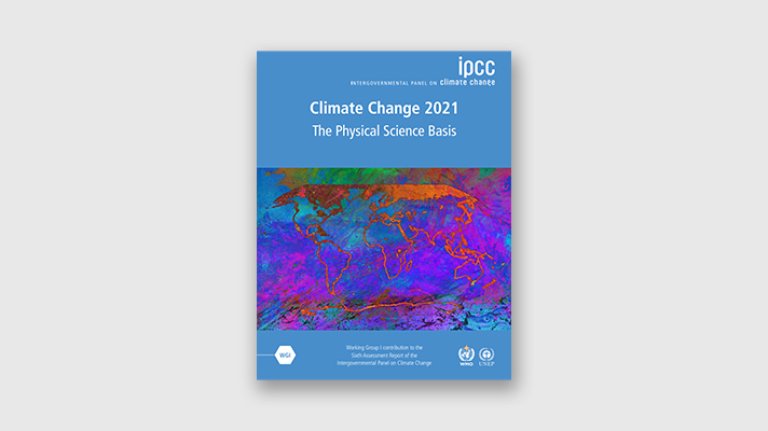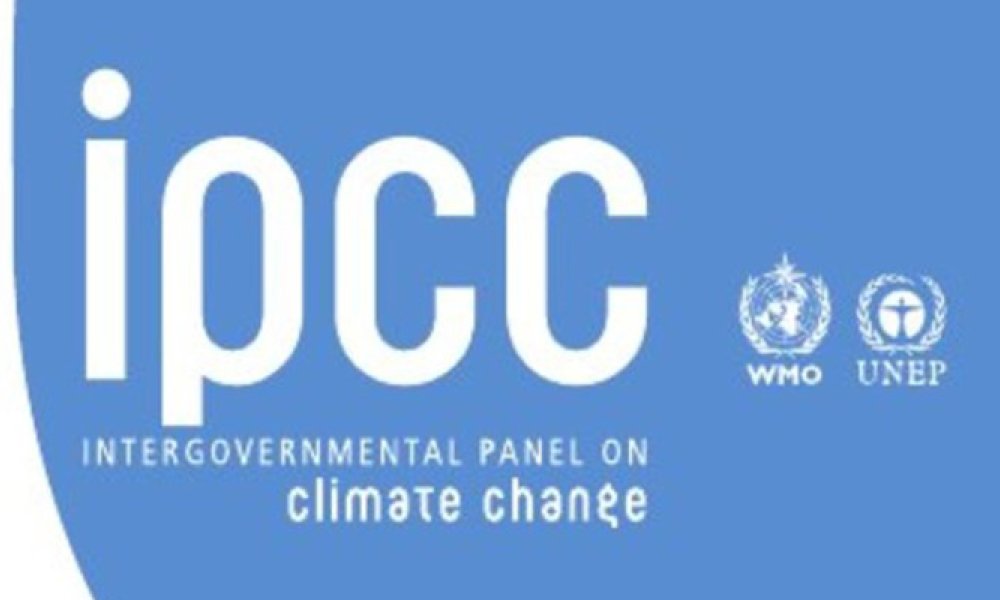The scientists in Working Group I of the Intergovernmental Panel on Climate Change (IPCC) presented the latest advances in climate science in its sixth assessment report. A strong message is that the effects of climate change is already observed globally, and that the severity of climate-related impacts can be countered by rapid declines of greenhouse gas emissions in the coming decades and reaching net zero emissions in 2050.
Summary of Findings
Key takeaways from the report are the following¹:
Observed changes to the climate
- The concentration of CO2 in the atmosphere is the highest in at least two million years
- Sea level rise follows the fastest rates in at least 3000 years
- Arctic sea ice is at the lowest level in at least 1000 years
- Global glaciers retreat at unprecedented levels in at least 2000 years
Expected changes to the climate
- Extreme heat will become more frequent and intense
- Heavy rainfall will be more frequent and intense
- Drought increases in some regions
- Fire weather will be more frequent
- The ocean is warming, acidifying and losing oxygen
Interactive Atlas
Try to make your own map to learn more about how climate change will impact the region where you live. The IPCC scientists have created an interactive atlas based on real time updated scientific data.
The atlas enables you to explore the significance of the report. Adjust the two components Regional Information, with climate change information, and Regional Synthesis which includes key synthesized assessments made by the data from the report.

Solution: Net Zero Emissions
Fortunately, Valérie Masson-Delmotte (Working Group 1 co-char) presented the solution during the IPCC's press conference:
"The report reaffirms that there is a near linear relationship between the cumulative amount of emissions of CO2 in the atmosphere from human activities and the extent of future warming. This is physics. It means that the only way to limit global warming is to reach net zero CO2 emissions at a global scale."
The solution is incredibly complex, but stunningly simple. We need urgent global collaboration and unprecedented levels of investments to build the infrastructure fit for zero emissions worldwide. Financing solutions offers hope and enables the reallocation of capital towards business activities that are part of a future we want.
¹Source:
IPCC, 2021: Climate Change 2021: The Physical Science Basis. Contribution of Working Group I to the Sixth Assessment Report of the Intergovernmental Panel on Climate Change [Masson-Delmotte, V., P. Zhai, A. Pirani, S. L. Connors, C. Péan, S. Berger, N. Caud, Y. Chen, L. Goldfarb, M. I. Gomis, M. Huang, K. Leitzell, E. Lonnoy, J. B. R. Matthews, T. K. Maycock, T. Waterfield, O. Yelekçi, R. Yu and B. Zhou (eds.)]. Cambridge University Press. In Press. Available at https://www.ipcc.ch/report/ar6/wg1/#FullReport
.




